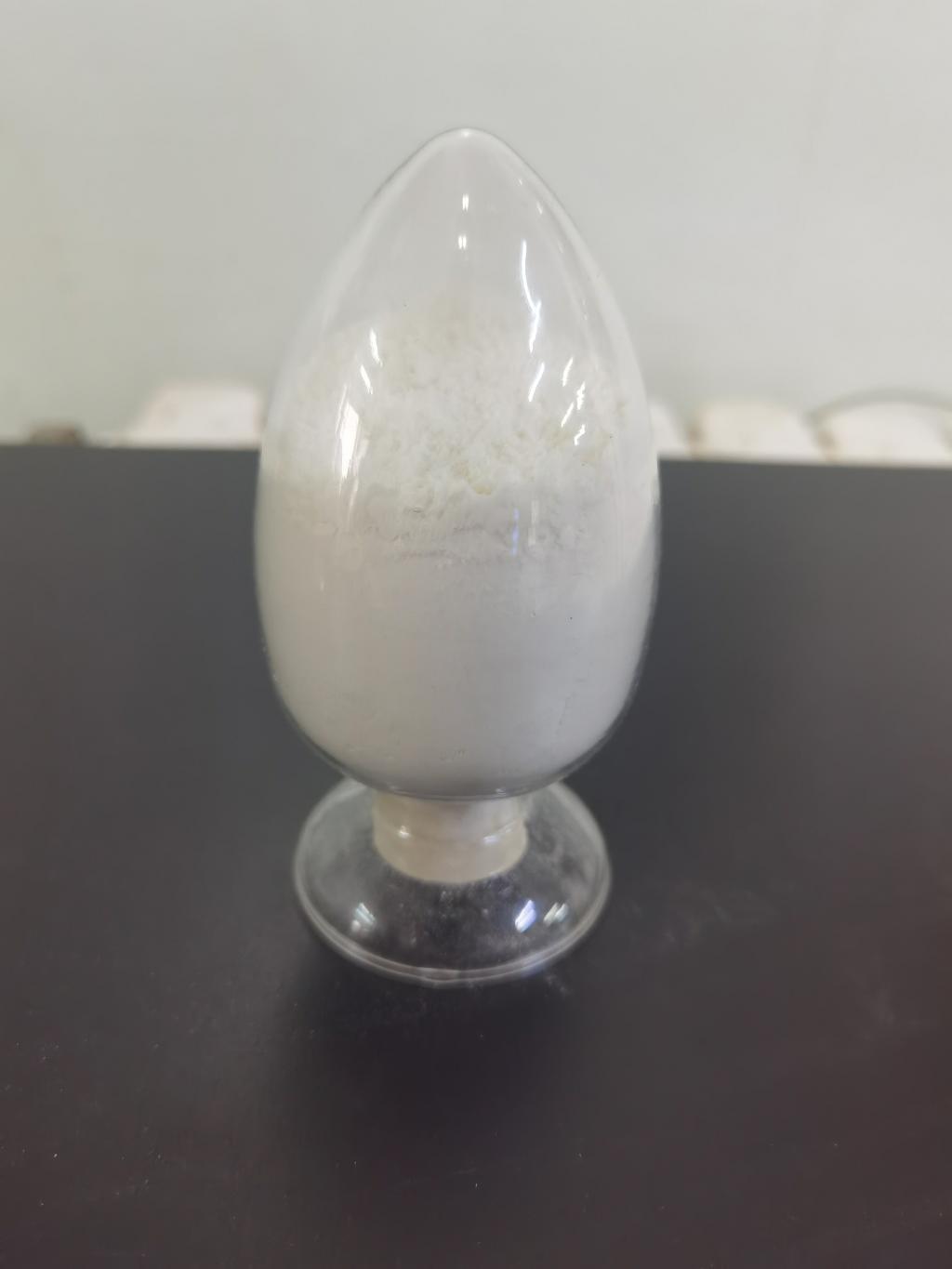Tel:+8618231198596

News
 CONTACT
CONTACT
 CONTACT
CONTACT
- Linkman:Linda Yao
- Tel: +8618231198596
- Email:linda.yao@dcpharma.cn
- Linkman:CHARLES.WANG
- Department:Overseas
- Tel: 0086 0311-85537378 0086 0311-85539701
News
What are the regulatory requirements and approvals for the use of ε-Polylysine hydrochloride?
TIME:2023-05-09
Introduction
The use of food additives and preservatives is subject to stringent regulations to ensure consumer safety. ε-Polylysine hydrochloride, derived from natural sources, is considered a safe antimicrobial agent. However, its approval and regulatory status differ from country to country. Understanding these regulations is vital for manufacturers intending to use ε-Polylysine hydrochloride as a food preservative.
European Union (EU)
In the EU, ε-Polylysine hydrochloride is categorized as a food additive with the code E239. It is authorized for use as a preservative in a variety of food products, including baked goods, under specific conditions outlined in the EU Food Additives Regulation (EC) No 1333/2008. The regulation specifies maximum permitted levels, labeling requirements, and specific application restrictions for the use of ε-Polylysine hydrochloride.
United States
In the United States, the regulatory authority for food additives is the Food and Drug Administration (FDA). ε-Polylysine hydrochloride is recognized as a GRAS (Generally Recognized as Safe) substance by the FDA. It can be used as an antimicrobial agent in foods, including baked goods, within the limits specified in 21 CFR (Code of Federal Regulations) Part 184. The FDA requires manufacturers to establish the safety of ε-Polylysine hydrochloride and ensure compliance with Good Manufacturing Practices (GMP).
Japan
In Japan, the Ministry of Health, Labour, and Welfare (MHLW) oversees the regulation of food additives. ε-Polylysine hydrochloride is approved as a food additive and falls under the category of "flavoring agent" in Japan's Standards for Use of Food Additives. The standards specify the maximum permitted levels and application restrictions for ε-Polylysine hydrochloride in various food categories, including baked goods.
China
In China, the regulatory authority for food additives is the National Health Commission (NHC). ε-Polylysine hydrochloride is permitted for use as a food preservative, including in baked goods, under the National Food Safety Standard for Food Additives. The standard provides guidelines on the maximum permitted levels, labeling requirements, and application conditions for ε-Polylysine hydrochloride.
Other Countries
The regulatory requirements and approvals for ε-Polylysine hydrochloride may differ in other countries. Manufacturers should consult the local food regulatory agencies to determine the specific regulations governing the use of this ingredient in baked goods. Some countries may have their own evaluation and approval processes, maximum permitted levels, and labeling requirements.
Approval Process and Safety Evaluation
In general, the approval process for food additives involves a comprehensive safety evaluation, including toxicological studies and exposure assessments. Regulatory authorities evaluate the available scientific data to determine the safety and acceptable levels of ε-Polylysine hydrochloride in food products. This evaluation considers factors such as potential allergic reactions, dietary exposure, and cumulative effects with other food additives.
Conclusion
The regulatory requirements and approvals for the use of ε-Polylysine hydrochloride in different countries vary, highlighting the importance of understanding the legal framework before using this ingredient in baked goods. The European Union, the United States, Japan, China, and other countries have specific regulations in place to ensure the safe use of ε-Polylysine hydrochloride as a food preservative.
In the EU and the United States, ε-Polylysine hydrochloride has obtained regulatory approval and is considered safe for use as a food additive. It is essential for manufacturers to comply with the specified limits and labeling requirements outlined in the respective regulations.
In Japan and China, ε-Polylysine hydrochloride is also approved for use in food products, including baked goods. Manufacturers should consult the specific standards and guidelines provided by the regulatory authorities to ensure compliance.
It is crucial for manufacturers to recognize that the approval process and safety evaluation for food additives involve comprehensive assessments of their potential risks and benefits. Scientific data on toxicology, exposure, and potential allergic reactions are considered during the evaluation process.
Additionally, it is important to note that this article provides a general overview of the regulatory requirements for ε-Polylysine hydrochloride. Regulations may change over time, and local variations may exist within each country. Therefore, manufacturers should consult the relevant regulatory authorities and stay updated on any amendments or new regulations that may impact the use of ε-Polylysine hydrochloride in baked goods.
Overall, a thorough understanding of the regulatory requirements and approvals for the use of ε-Polylysine hydrochloride is essential for manufacturers to ensure compliance with the specific regulations of each country. By adhering to the established guidelines, manufacturers can utilize this natural antimicrobial agent effectively and safely in baked goods, enhancing their shelf life and ensuring consumer safety.
- Tel:+8618231198596
- Whatsapp:18231198596
- Chat With Skype







